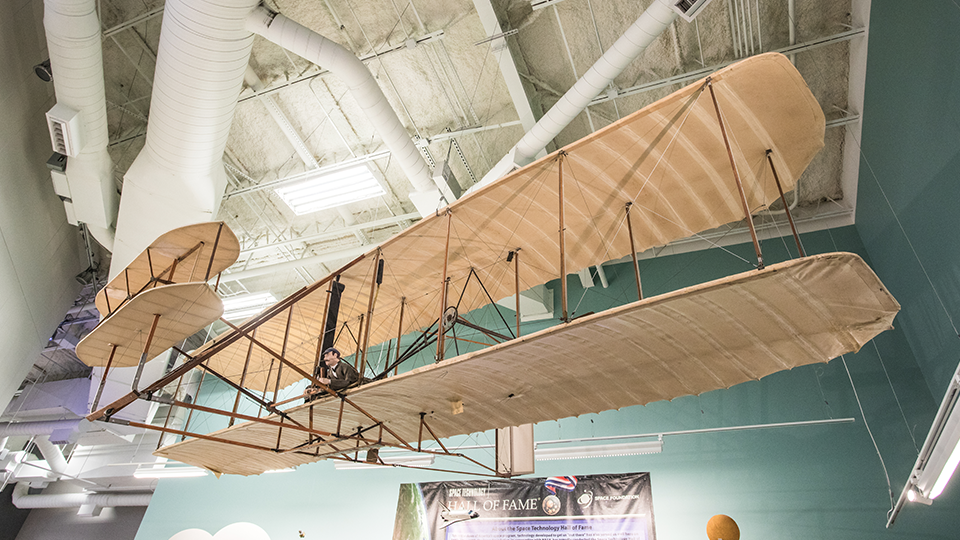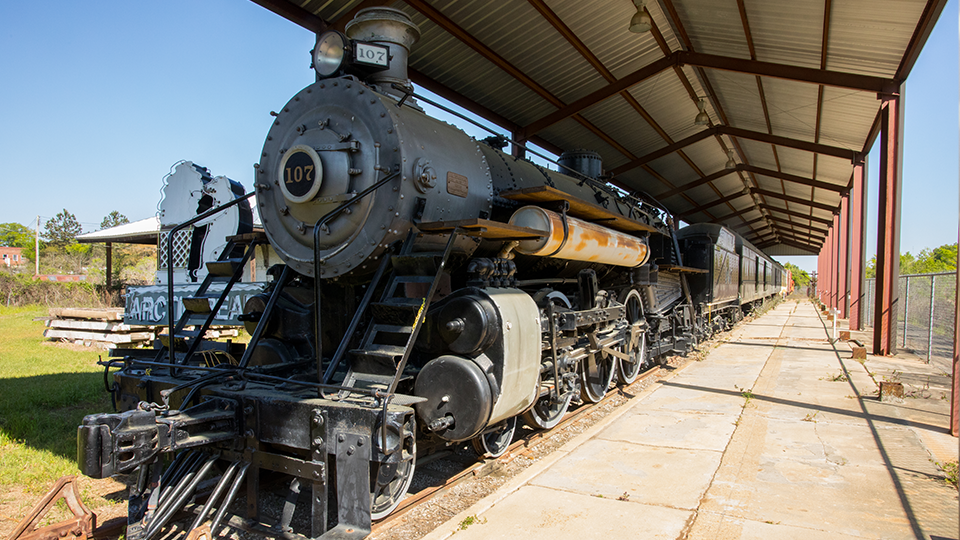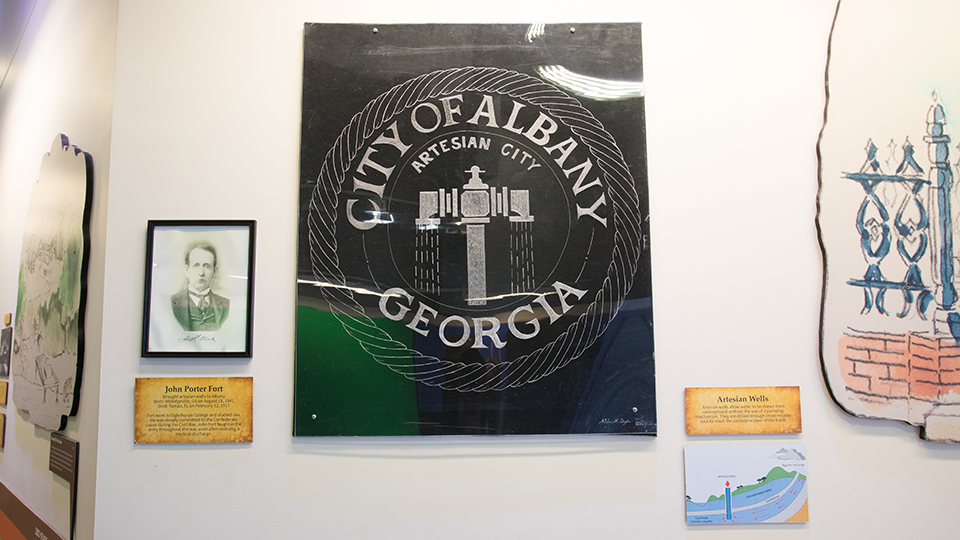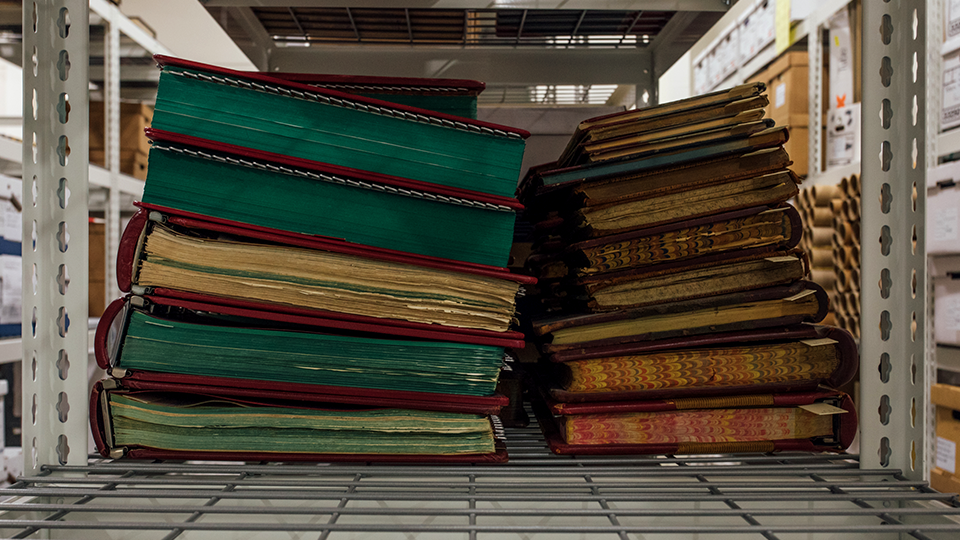Our Mission
The mission of Thronateeska is to provide an environment where human, natural and physical sciences can be explored to gain a better understanding of our changing world.
The mission of Thronateeska is to provide an environment where human, natural and physical sciences can be explored to gain a better understanding of our changing world.

The whale species, Zygorhiza, is a 36-million-year-old ancestor of modern-toothed whales and porpoises. This 20-foot long creature had both pointed teeth for grabbing prey and saw-edged teeth for slicing and chewing. This is the cast of a skeleton found in Twiggs County, Georgia, with a shark in its belly!

On December 17, 1903, Orville and Wilbur Wright made the first successful flight in a powered airplane. They flew it four times on December 17, 1903, near Kill Devil Hills, about four miles south of Kitty Hawk, North Carolina. This ½ scale model hangs in the Science Museum. The original Wright Flyer hangs in the Smithsonian.

Southwest Georgia has a rich railroad history. Albany’s Union Depot, built in 1913, was used by five different railroads that served the city. Seven rail lines radiating out of Albany converged at Union Depot.

Located in the History Museum, this exhibit demonstrates how surveying and mapping has shaped, and is shaping, the world in which we live. The collection consists of more than 100 surveying and mapping instruments and tools dating back to the eighteenth century, along with a growing collection of surveys and maps from around Georgia.

Thronateeska is located at Heritage Plaza on the only remaining brick street in the city. Laid in 1913 as part of a larger downtown street improvement project, the street’s brick paving materials are characteristic of early twentieth-century street and highway construction.

Bobs Candy Company was started by Bob McCormack in Albany in 1919. The company produced a variety of candies but is perhaps best known for their peppermint. Bobs invented the Keller Machine to automate the process of twisting the signature hook in the candy cane, making mass production possible.

Georgia’s first free-flowing artesian well was dug in western Dougherty County in 1881 and produced pure water for many years. The City of Albany continued to drill many artesian wells and even adopted the free-flowing water as its symbol and nickname, The Artesian City, on the official Seal of the City.

The archives houses nearly 10,000 books, boxes, and miscellaneous items for clients at 5,441 cubic feet. These items would fill 5 ½ U-Haul trucks. Placed end-to-end the boxes would stretch more than a mile!
Hours of Operation
Thurs–Sat: 10:00 am – 4:00 pm
(229) 432.6955
Prices
Adults: $5.75
Youth (4–12): $5.00
Kids (3 and under): Free
Discounts for seniors and military families.